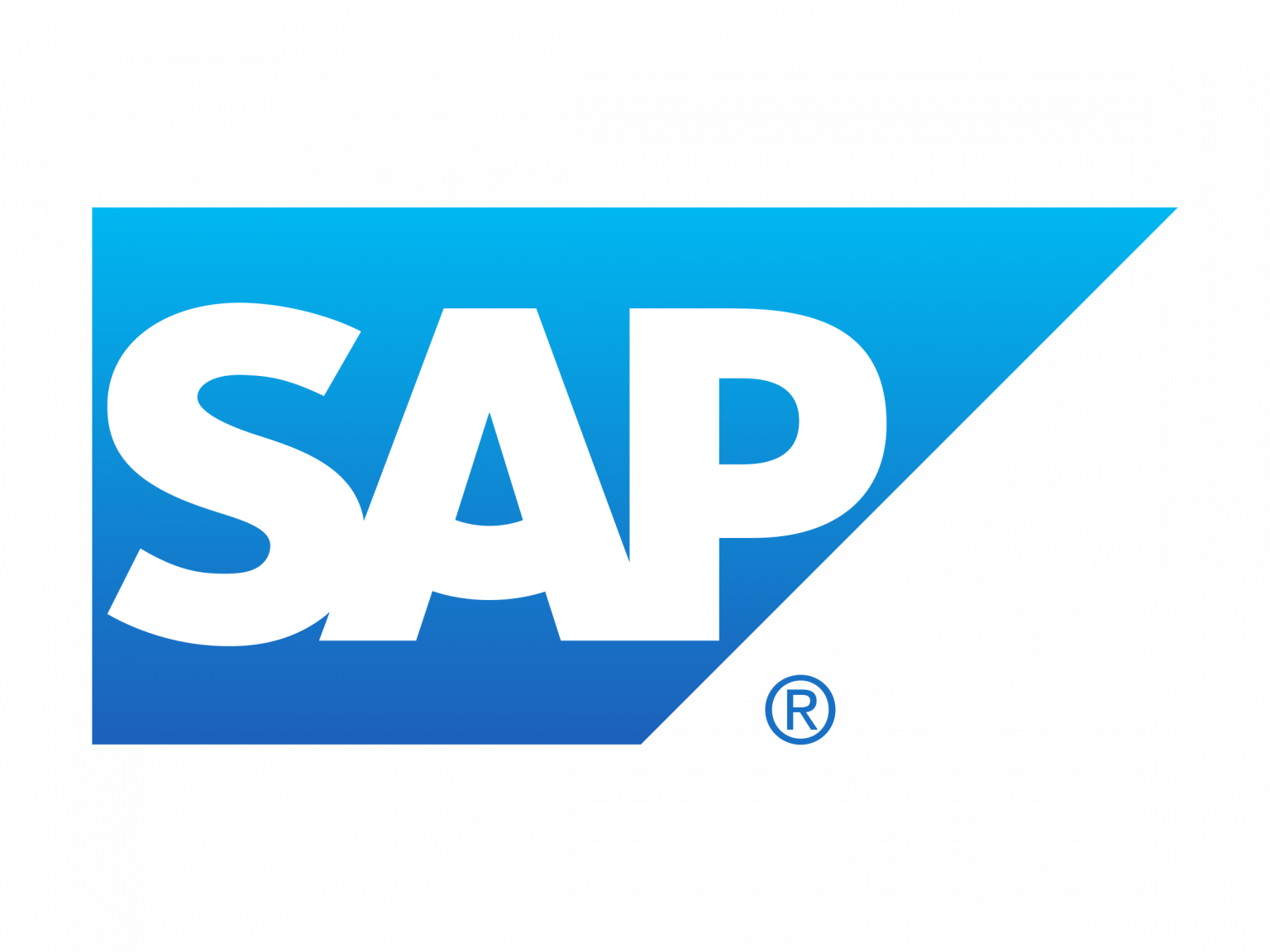
Strong in headless but lacking in microservices.
Summing it up

Evaluation of Intershop on the basis of the international peer review.
Intershop offers an all-in-one suite containing all the basic components required for an end-to-end commerce solution. However, this does not allow full composability as it does not offer the possibility to mix and match components entirely at will. Users can, of course, choose the functionalities they would like to work with. However, they cannot remove unused functionalities from their system. Intershop’s strongest composable aspect is the out-of-the-box set up for new instances or sites.
Because it was originally built on a monolithic architecture, Intershop scores relatively low for modularity/microservices. Intershop has made some efforts in recent years to increase its microservices offering, particularly by breaking down the monolithic platform into discrete services. However, this course of action has not yet been fully realized.
Although Intershop offers a variety of APIs on the frontend, there are few for the backend. Intershop cannot be considered API first. In some respects, it could be said that they only offer fairly standard APIs on top of legacy monolithic business capabilities. No orchestration layer exists on the platform. That being said, the documentation for the APIs that are offered is reasonably thorough.
Since 2016, Intershop has maintained a strategic partnership with Microsoft. In 2018, it began to pursue a cloud-first approach, and Intershop is now an integral player in the Microsoft Azure Cloud Solution portfolio. In late 2021, Intershop launched Intershop N, a cloud-based asset which marked the completion of the company’s technical cloud transformation initiative. Intershop’s digital commerce platform is available as a single-tenant hosted or multi-tenant SaaS / PaaS offering. Although Intershop has made many efforts towards a cloud-based approach in recent years, Intershop’s products are still not seamless and require implementation effort. Intershop is not versionless.
Intershop scores highest for headless, largely due to the fact that they meet modern industry standards in their headless approach. Intershop provides out-of-the-box solutions that are decoupled from their platform, including an Angular-based Progressive Web Application (PWA). They also offer strong multichannel or omnichannel solutions.
less
Native
First
larity
Intershop’s commerce platform is suited to B2B, B2C and B2X business models alike with its omnichannel commerce solutions. Intershop serves more than 300 large and medium-sized companies worldwide, with Deutsche Telekom, Staples, HP, and BMW among their customers. The majority of Intershop’s customers are based in Europe, but they also serve companies in the USA and Asia Pacific region (mainly Australia).
Intro
Intershop began life under the name NetConsult in 1992. In 1995, Intershop Online was launched. In that same year, the company created the first German WWW-based online store. Intershop had just under 300 employees at the end of 2020. The company is headquartered in Jena, Germany, but has 10 other offices around the world. Office locations include the Netherlands, France, China, and the USA.
Intershop serves more than 300 medium- and large-sized B2B and B2C companies worldwide. The majority of the customer base is in Europe, with some customers in the USA and Asia Pacific Region (mainly Australia). HP, BMW, Staples, and Deutsche Telekom are among Intershop’s customers
Key results
Intershop has an overall Composable Agility score of 5.0. Intershop’s strongest subscore is for headless, in which it scores 7.8. The lowest score for Intershop is microservices, where it scored 2.6, although this is not an uncommon pattern in legacy platforms that have been developed on top of monolithic architecture.
Scoring details
5.7
Composability
Composable architecture means that it is easy to assemble and scale a software product according to individual functionality requirements. Composable software should be plug-and-play even across different products. Intershop is comprised of a common data layer across all modules, which does not support composability. For example, it does not allow for independent deployment capabilities.
Intershop is an all-in-one suite containing all the basic components needed for an end-to-end e-commerce solution. However, there is no option to mix and match components at will. Users can choose to use or not use any of the functionalities or integrations, but they cannot remove them from their system. Even if a certain functionality is not part of the plan the customer has purchased, it will still, architecturally, be in place.
3
Modularity
Modular systems can be achieved in various ways, e.g. via microservices or PBCs (Packaged Business Capabilities). Due to the increasing relevance of composable solutions, modular systems are becoming more and more essential and must be adaptable accordingly.
Intershop scores relatively low for microservices due to its monolithic legacy stack. Although the company has made some effort to increase their microservice integrations in recent years, this factor does not score well compared to other elements in Intershop’s offering—or when compared to competitors. Intershop has begun the process of breaking down its monolithic platform into discrete services, however, this is not yet fully realized. Intershop does offer some modular-type integrations, or third-party components, which can be integrated with relative ease.
4.4
API First
Intershop would not be considered API first. This is partly because Intershop offers only fairly standard APIs on top of their monolithic legacy stack. A variety of APIs are offered on the frontend, but few are available for the backend. No orchestration layer exists on the platform. This being said, the APIs that are offered include fairly thorough documentation.
Technically speaking, Intershop’s APIs are doing the basics right in terms of security infrastructure and supporting different output types (JSON, XML). They rank at level three for the Richardson Maturity level. Both REST and GraphQL APIs are supported, but there is no out-of-the-box solution available for over-fetching or under-fetching.
5
Cloud Native
Cloud native technologies are an approach to designing, constructing, and operating workloads that are built in the cloud, and leverage it beyond storage and hosting. Being cloud-native is about speed, agility, and scalability. Intershop began pursuing a cloud-first approach in 2018. Having maintained a strategic partnership with Microsoft since 2016, Intershop is now an integral player in the Microsoft Azure Cloud Solution portfolio. Both single-tenant hosted or multi-tenant SaaS / PaaS offerings are available from Intershop. In the past, that multi-tenancy was more often used by large multi-brand enterprises, for example, setting up several sales organizations within one instance.
In late 2021, Intershop launched Intershop N, a cloud-based asset completing the company’s technical cloud transformation initiative. Although the company has made efforts towards a cloud-based approach in recent years, Intershop is not cloud native. A lot of the maintenance effort is taken over by their Commerce as a Service (CaaS) model, but product updates are still not seamless and require implementation effort. It’s not versionless.
7
Headless
A headless application has an architecture that completely separates the business logic, data, and complex functionality from the client-side rendering of the information. Intershop meets many modern industry standards in their approach to headless. Therefore, they score highest in this category.
As part of their headless offering, Intershop supports a variety of omnichannel or multichannel solutions. They provide out of the box functionalities that are decoupled from their platform, including a Progressive Web Application (PWA) built with Angular.
Historically, though, the platform’s CMS has been tightly integrated and coupled with the business logic. That means that Intershop differs architecturally from a provider that was built on a headless approach from the ground up.
Bottom line
Having been in operation for over two decades, Intershop is a well-known provider, particularly in the European market. Intershop offers excellent usability when setting up additional channels and sites. Thanks to their headless integrations, this is also true of any related omnichannel capabilities that may also be required. Intershop also offers many out of the box e-commerce solutions.
However, it is clear that modern architecture and principals, such as microservices, are either lacking or have just been added on as additions to the original monolithic platform. Even though API endpoints exist today, it is not API-first, especially not for the backend.
FAQ























